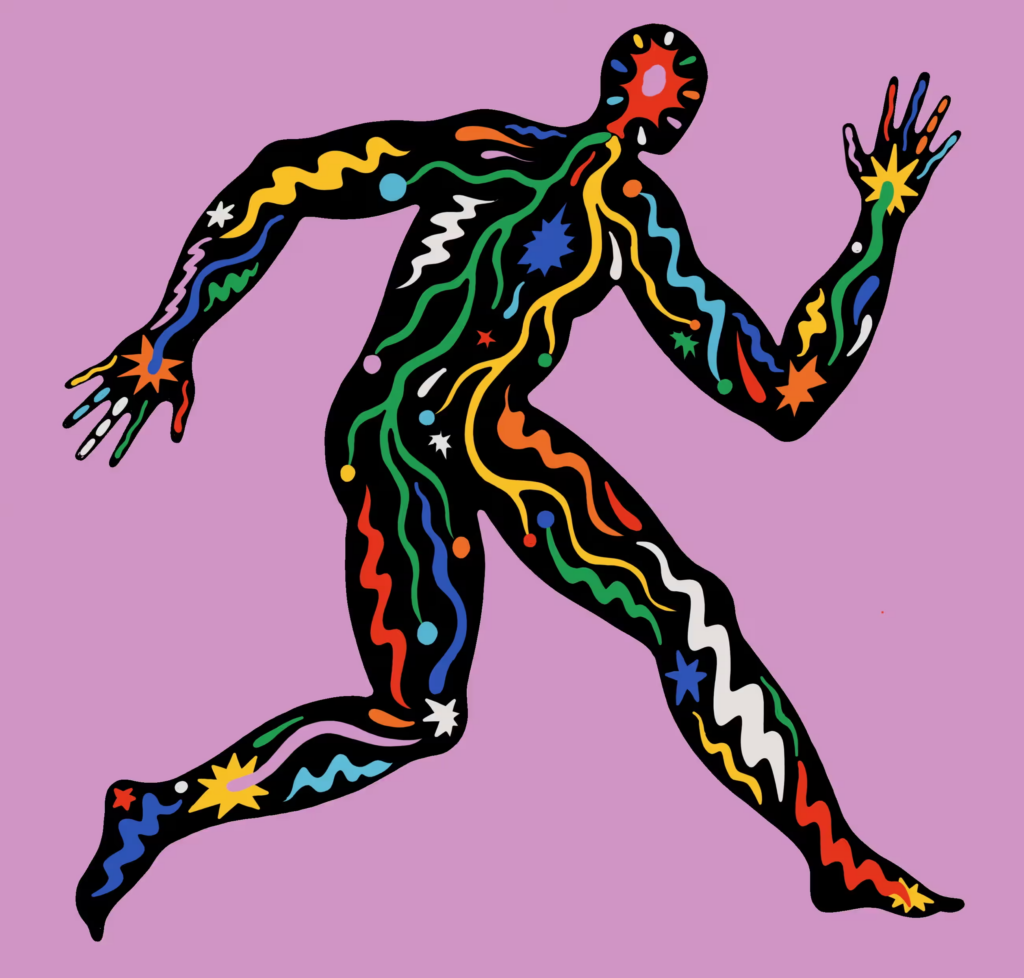Hacking the vagus nerve
It looks like electric stimulation of the vagus nerve using something like a TENS machine could help with everything from obesity and depression to Long Covid.
One of the universities local to me is leading some of this work, and they have a page about it here.
From plunging your face into icy water, to piercing the small flap of cartilage in front of your ear, the internet is awash with tips for hacking this system that carries signals between the brain and chest and abdominal organs.Source: The key to depression, obesity, alcoholism – and more? Why the vagus nerve is so exciting to scientists | The Guardian[…]
Meanwhile, scientific interest in vagus nerve stimulation is exploding, with studies investigating it as a potential treatment for everything from obesity to depression, arthritis and Covid-related fatigue. So, what exactly is the vagus nerve, and is all this hype warranted?
The vagus nerve is, in fact, a pair of nerves that serve as a two-way communication channel between the brain and the heart, lungs and abdominal organs, plus structures such as the oesophagus and voice box, helping to control involuntary processes, including breathing, heart rate, digestion and immune responses. They are also an important part of the parasympathetic nervous system, which governs the “rest and digest” processes, and relaxes the body after periods of stress or danger that activate our sympathetic “fight or flight” responses.
[…]
Search “vagus nerve hacks” on TikTok, and you’ll be bombarded with tips ranging from humming in a low voice to twisting your neck and rolling your eyes, to practising yoga or meditation exercises.
Researchers who study the vagus nerve are broadly sceptical of such claims. Though such techniques may help you to feel calmer and happier by activating the autonomic nervous system, the vagus nerve is only one component of that. “If your heart rate slows, then your vagus nerve is being stimulated,” says Tracey. “However, the nerve fibres that slow your heart rate may not be the same fibres that control your inflammation. It may also depend on whether your vagus nerves are healthy.”
Similarly, immersing your face in cold water may also slow down your heart rate by triggering something called the mammalian dive reflex, which also triggers breath-holding and diverts blood from the limbs to the core. This may serve to protect us from drowning by conserving oxygen, but it involves sympathetic and parasympathetic responses.
Electrical stimulation may hold greater promise though. One thing that makes the vagus nerves so attractive is surgical accessibility in the neck. “It is quite easy to implant some device that will try to stimulate them,” says Dr Benjamin Metcalfe at the University of Bath, who is studying how the body responds to electrical vagus nerve stimulation. “The other reason they’re attractive is because they connect to so many different organ systems. There is a growing body of evidence to suggest that vagus nerve stimulation will treat a wide range of diseases and disorders – everything from rheumatoid arthritis through to depression and alcoholism.”
